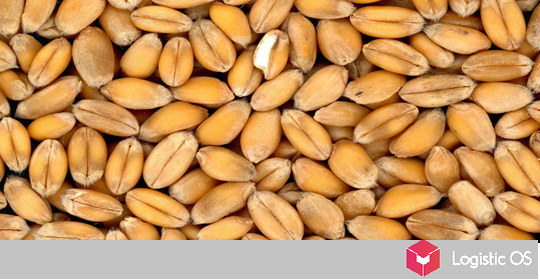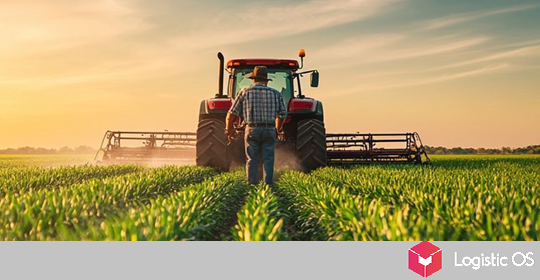The increase in supplies abroad in the first half of the year allows us to expect that the overall result for 2024 will be higher than last year.
According to experts, this year there is a great chance that export volumes of agricultural products will exceed last year’s values and set a new historical record.
This can be facilitated by good results for the first half of the year, during which about 50 million tons of various agricultural products were exported, while the total export volumes exceeded 50 million tons.
This year, according to analysts, supplies of agricultural products abroad may well set a new record in monetary terms: $45 billion.
What products are actively supplied abroad today?
In the first half of the year, products from the previous harvest were exported, which turned out to be the second largest in history. In particular, Russia actively exported grain and oilseeds.
This trend is planned to continue. The supplies of barley and peas were especially large compared to last year’s levels.
However, May frosts could reduce export figures in the second half of the year, experts warn.
At the same time, the volume of supplies of meat and dairy products is now significantly increasing, which can largely compensate for the losses that will inevitably occur due to frost.
But there is a problem here too: falling prices for such products, which can lead to a drop in volumes, if not in kind, then in monetary terms.
In addition, the export results of the second half of this year will be largely determined not by the previous harvest, but by the new harvest. And it may turn out to be noticeably lower both for wheat and other grains, as well as for oilseeds.
What are your plans for the development of agricultural exports?
Last year, the total volume of exports of agricultural products from the Russian Federation amounted to 103 million tons, and in monetary terms — $43.5 billion.
This year, according to the Ministry of Agriculture, exports in monetary terms could reach $45 billion.
At the same time, according to national development goals, by 2031, exports of agricultural products should increase 1.5 times compared to 2021.
Sanctions have long been a barrier on this path, but by now Russian companies have largely learned to cope with them.
As Prime Minister Mikhail Mishustin noted, in general, sanctions no longer interfere with the active promotion of agricultural products abroad.
Russia has become a leading exporter of barley, grain, and oils, primarily sunflower and rapeseed.

